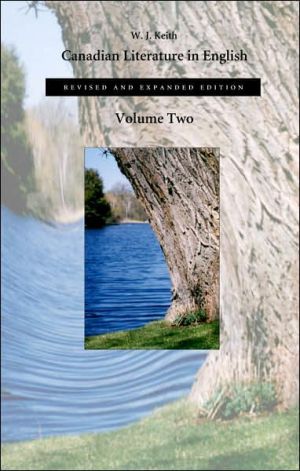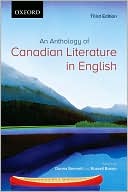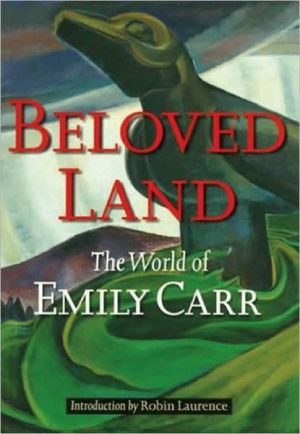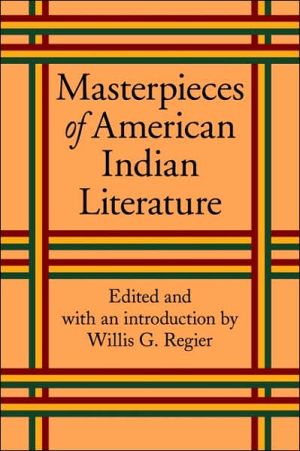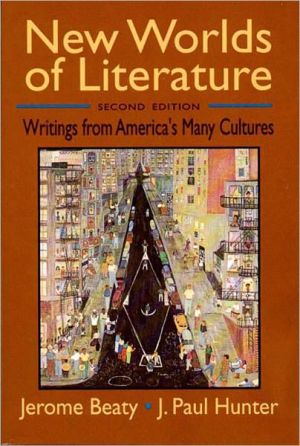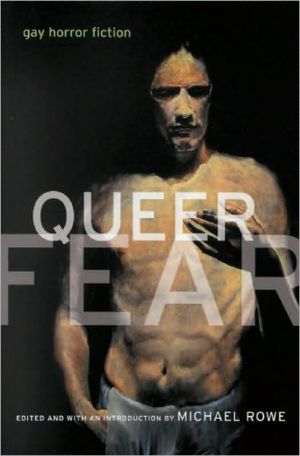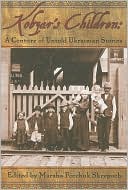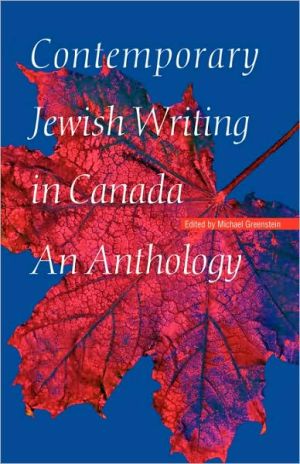Canadian Literature in English, Vol. 2
W. J. Keith has chosen to ignore utterly both the 'popular' at the one extreme (Robert Service, Lucy Maud Montgomery) as well as the 'avant-garde' at the other (bpnichol, Anne Carson) in favour of those authors whose style lends itself to the simple pleasure of reading, and to that end Keith dedicates his history to 'all those — including those of the general reading public whose endangered status is much lamented — who recognize and celebrate the dance of words.'
Search in google:
When Canadian Literature in English was first published by Longman in 1985 it was described (in the Modern Language Review) as 'a standard reference work on the subject' and 'the best critical account of its subject that we possess so far'. The book was released in London and New York, as such things were done at the time, but never distributed particularly well in Canada, where it sank, rapidly, from view. W. J. Keith, writing in the Preface to the Revised Edition, admits that his first inclination was to embark on a total rewrite of the Longman edition. On further consideration, however, Keith came to realize that the 1985 publication was completed at the 'close of a major phase in the Canadian literary tradition' and that 'the remarkable flowering that began to manifest itself in the middle of the twentieth century had run its course by the beginning of the new millennium.'That being the case, Keith argues that a 'number of writers who had already achieved [considerable stature further developed their reputations [in the period 1985—2005 ... but only a few extended them'. Keith is also quick to admit that he has chosen to ignore utterly the 'popular' at the one extreme (Robert Service, Lucy Maud Montgomery) as well as the 'avant-garde' at the other (bpnichol, Anne Carson), in favour of those authors whose style lends itself to the simple pleasure of reading, and to that end he dedicates his history 'to all those (including the general reading public whose endangered status is much lamented in the &'grave;Polemical Conclusion'') who recognize and celebrate the dance of words.'Volume One of the Revised Edition included 'Beginnings', first in the prose travel journals of Alexander Mackenzie and Samuel Hearne, then in Poetry, and finally in Fiction up to the publication in 1904 of Sara Jeanette Duncan's The Imperialist. Part Two, Poetry, presented the Challenge of Modernism embraced by E. J. Pratt, F. R. Scott, A. M. Klein and A. J. M. Smith, examined the Mythic Versus the Human, and concluded with Plain Talk About Past and Present that delivered us to the early work of Don Coles, Stephen Scobie and David Solway.Volume Two includes a parallel examination of Fiction and an Update on the past Twenty Years before launching into a Polemical Conclusion self-described as a 'dark and for the most part depressing journey' in which a trahison des clercs (treason of the intellectuals) is identified by which universities have abandoned 'their position as centres of excellence and independent inquiry to become employment-oriented training institutions emphasizing marketable skills.'
References and Abbreviations 9Introductory Note to Volume Two 11Part Four: Fiction9. Laying the Foundations 1510. Establishing a Tradition of Fiction 3711. Creating Fictional Worlds of Wonder 62Twenty Years After 91Polemical Conclusion 121Appendix (2006):A Note on 'Postmodernism', Jargon, etc. 139Further Reading 143Index 191
\ Canadian Book Review Annual'This is a diverse set of essays, most of them previously published, which may be read individually as commentaries on Louis Dudek, Margaret Atwood, John Metcalf, Philip Grove, Ethel Wilson, Robertson Davies, Margaret Laurence, Hugh Hood, and Jack Hodgins; or together as a manifesto on modern Canadian criticism and literature. Either way, the reading is a salutary experience whose conclusion is summed up in Keith's essay on Atwood's Bluebeard's Egg: "We need to approach literature not with made-to-measure theory but with a flexible, verbally sensitive critical practice that attempts, tentatively, humbly, sometimes painfully, to develop a tradition of close and accurate reading." This is not, as I'm sure Keith would agree, a plea to ignore history, biography or cultural milieu, but rather one that urges the paramount importance of the primary text.'\ — R. G. Moyles\ \ \ \ \ \ Toronto Star'To make use of a pair of words W. J. Keith is suspicious of, Canadian Literature in English, which has just been released in a revised and expanded two-volume edition, is both canon and myth. Canon because it is a principled selection and discussion of key works Keith sees as establishing a national tradition, and myth because it provides a survey of the history and development of Canadian literature that has a particular shape.'\ — Alex Good\ \ \
